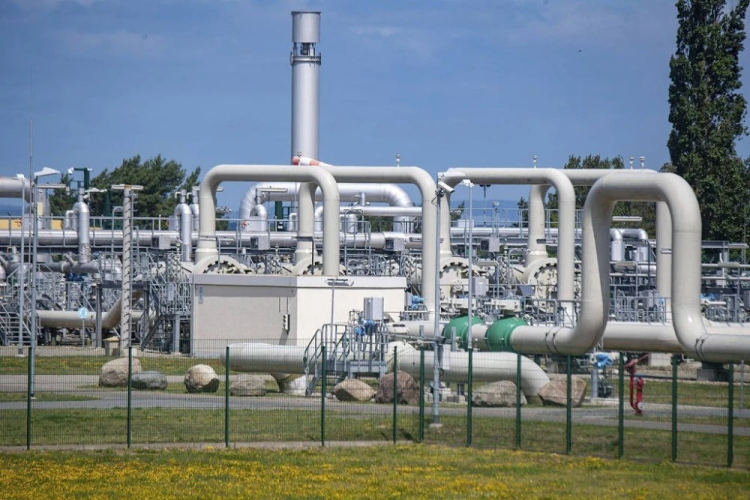Recent reports from Spain's "El Diario" website indicate that the production of liquefied natural gas (LNG) in Russia has played a crucial role in ensuring a stable energy supply for the Spanish and European population during the winter months, preventing power outages and excessive monthly bills. However, this has also led to an awkward situation for Spain, as the country has become one of the largest importers of Russian LNG worldwide.
According to the report, the purchase of Russian natural gas is entirely legal. Unlike the situation with oil, diesel, or coal, the European Union has not imposed sanctions on Russian natural gas to avoid increasing price pressures (gas prices rose tenfold last year) and endangering supply security. Since the outbreak of the conflict, Spain has consistently been one of the best customers for the Russian natural gas industry.
The report reveals that in 2022, Spain's total imports of Russian LNG increased by 55%, with the trend continuing in the first four months of this year, showing a 58% year-on-year growth. According to data from Spain's Strategic Reserve Company for Oil Products, the volume of Russian LNG imports into Spain has nearly doubled when comparing the past 14 months with the 14 months before the Russian-Ukrainian conflict began.
As per the data from Spain's Enagás company, Russia currently supplies 17% of Spain's natural gas, placing it third after Algeria and the United States (both at 24%).
Data indicates that, within the European Union, only Belgium has imported more Russian natural gas than Spain so far this year. Globally, Spain ranks as the fifth-largest buyer of Russian LNG since the conflict began. However, the identities of the companies importing Russian LNG remain undisclosed as these gas contracts are confidential, and energy companies have no interest in publicly disclosing their trade relations with Russia.
According to consulting firm Kepler, at least five companies have transported Russian natural gas to Spain since the outbreak of the Russian-Ukrainian conflict until the end of April this year. The Spanish energy group is the primary importer, with over half of the Russian natural gas purchases being received by the company through Spanish ports.
While no sanctions have been imposed on Russian natural gas, Brussels has planned to end its dependence on Russia by 2027 and proposed a plan a few days after the conflict erupted to reduce the purchase of Russian natural gas by two-thirds by the end of 2022. Subsequently, with reduced pipeline imports due to Kremlin's supply cuts, maritime imports have increased by over 30%.
The report highlights that for several months, the Spanish government has been urging importers to reduce their reliance on Russia and, in March, encouraged them not to sign new contracts or renew existing ones with Russia.
The trend in the European energy markets indicates a significant reliance on Russian LNG imports, with Spain being one of the prominent recipients. As the European Union seeks to reduce its dependence on Russian natural gas, the dynamics of the energy market are likely to shift, leading to changes in procurement strategies and increased exploration of alternative energy sources.
